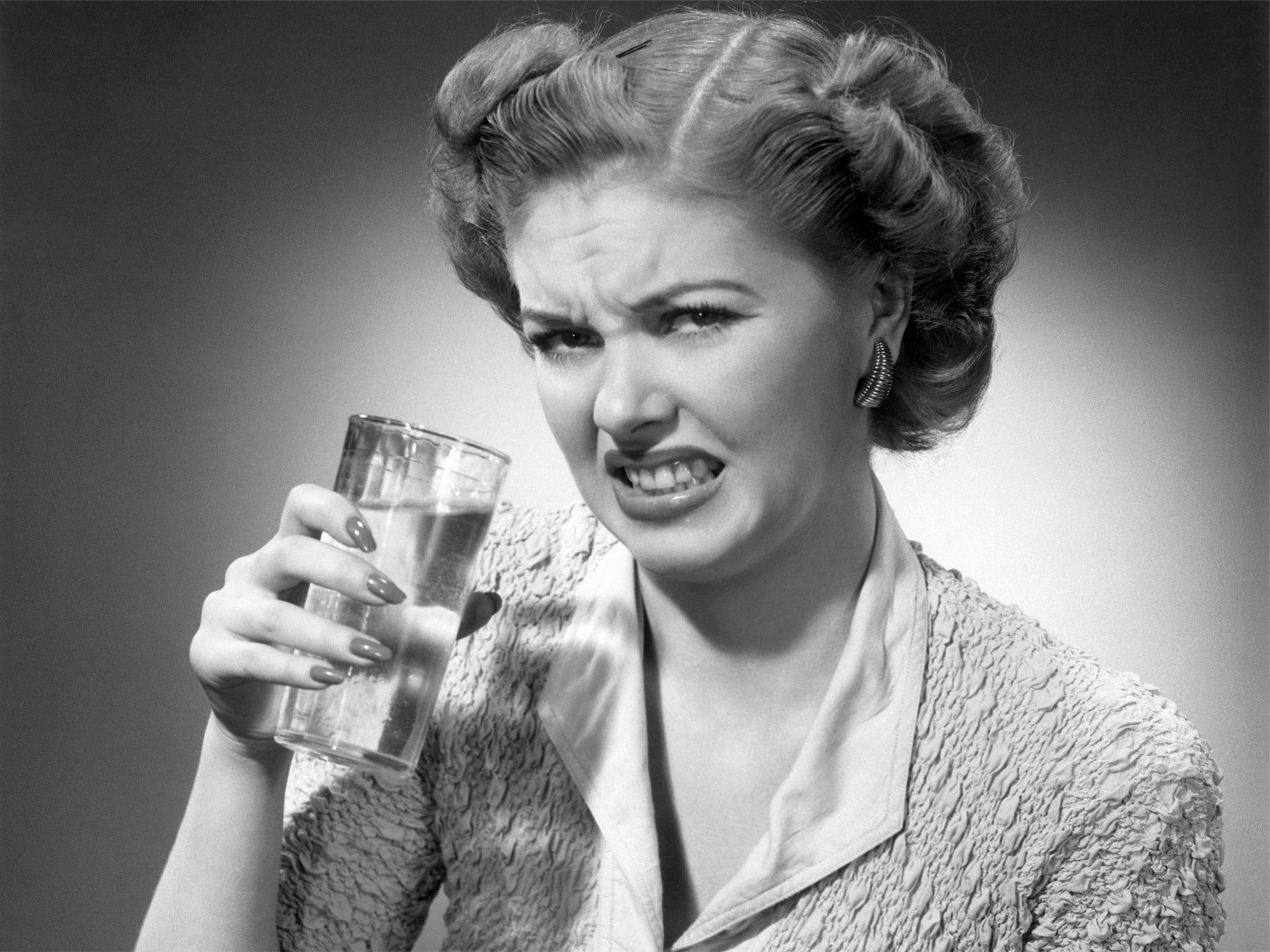Sour beer, brewed by methods used centuries ago, is the new pint du jour
'Ear-tickling' and 'weird', sour beer was on everybody's lips at this year's Manchester Indy Beer festival. It's the defining pint of 2015, says brewer Daniel Tapper

It is lightly effervescent with a delicate pink grapefruit hue and has an aroma redolent of ripe raspberries, red burgundy and farmy, fermented grass. It's sour, too, ear-ticklingly so, like a shot of apple vinegar or a line of sherbet-dip.
But this isn't wine, vinegar or a liquefied Dip Dab; it is a raspberry barrel-aged sour beer from the Lake District brewer, Hawkshead, one of almost 30 brewers showcasing a sour beer at this year's Independent Manchester Beer Convention, an annual get-together of some of the world's most forward-thinking breweries.
The prevalence of sour beer at this year's "Indy Man" has prompted many in the industry to herald it as the next big thing. And for good reason, too: EeBria, the UK's largest "craft alcohol marketplace", has stocked 31 different varieties of sour beer in the past 12 months, with sales of the beer up 240 per cent year on year.

As a response to growing demand, increasing numbers of brewers are adding sour beers to their repertoire. According to figures published in the Good Pub Guide, there are now 1,285 breweries operating in Britain, more per head than any other nation. And of the six highest-rated breweries in England (as voted by consumers on the beer-review app Untappd) four have a reputation for producing excellent sour beers. One of these, Huddersfield's Magic Rock brewery, is struggling to keep up with demand.
"We make several different sour beers, including Salty Kiss, made with gooseberries and rosehips, and Circus of Sour, a contemporary take on a traditional sour wheat style from Berlin," says Magic Rock brewer, Nick Ziegler. "But because demand is currently so high we have more varieties in the pipeline, including one we hope to launch over Christmas.
"Why is there so much demand? It's all down to complexity," he adds. "With the same three ingredients it takes to make a regular IPA or bitter you can create something really rich, interesting and beautiful – something that challenges what many people think of as beer. When you watch someone take their first sip of a sour beer they usually wince a little and say something along the lines of 'oh that's odd' but by the third sip they are often proclaiming 'I can taste bubblegum, berries and all kinds of weird flavours'. It's amazing to think that barely a year ago a lot of people would have baulked at the thought of drinking sour-tasting beer."

Though a balanced amount of acidity is celebrated as a positive attribute of wine, it has long been considered a fault in modern British beer, mainly because it can be a sign of infection. But it wasn't always like this. Traditionally, nearly all beer would have had some level of sourness thanks to the natural occurrence of acidifying wild yeast strains. This sourness was further intensified by the storage of beer in bacteria-rich wooden barrels. Indeed, non-sour beer was once so rare that it was given its own name: "mild". However, thanks to the proliferation of cleaner brewing methods and pedigree yeast strains much of British beer's sourness was steadily erased throughout the 19th century.
Yet in Belgium and Germany brewers embraced sour beer, perfecting the style in now classic varieties such as Berliner Weisse, Belgian Oud Bruin, Flanders Red and, most famously, lambic beers. It is these beers that in the past decade have inspired a new generation of American craft brewers to produce "New World sours", using age-old techniques, such as spontaneous fermentation and barrel-ageing, or more controllable methods, including "sour-mashing" and "kettle souring".
"The spread of sour beer to the UK was inevitable," says Matt Gorecki, a craft beer consultant and founder of the Zapato brewery. "American craft brewers were some of the first to re-explore older European beer styles and adapt them for the modern drinker. And when it comes to looking for new styles of beer to experiment with British craft brewers often look to the US. It also helps that British consumers are more at ease with acidic foods these days, such as sourdough bread, lightly roasted coffee beans, pisco sours, kombucha and pickled vegetables. Hopefully, it will only be a matter of time before we convert wine drinkers to the joys of sour beer, too."
Daniel Tapper is the owner of the Beak Brewery @TheBeakBrewery
Join our commenting forum
Join thought-provoking conversations, follow other Independent readers and see their replies
Comments
Bookmark popover
Removed from bookmarks